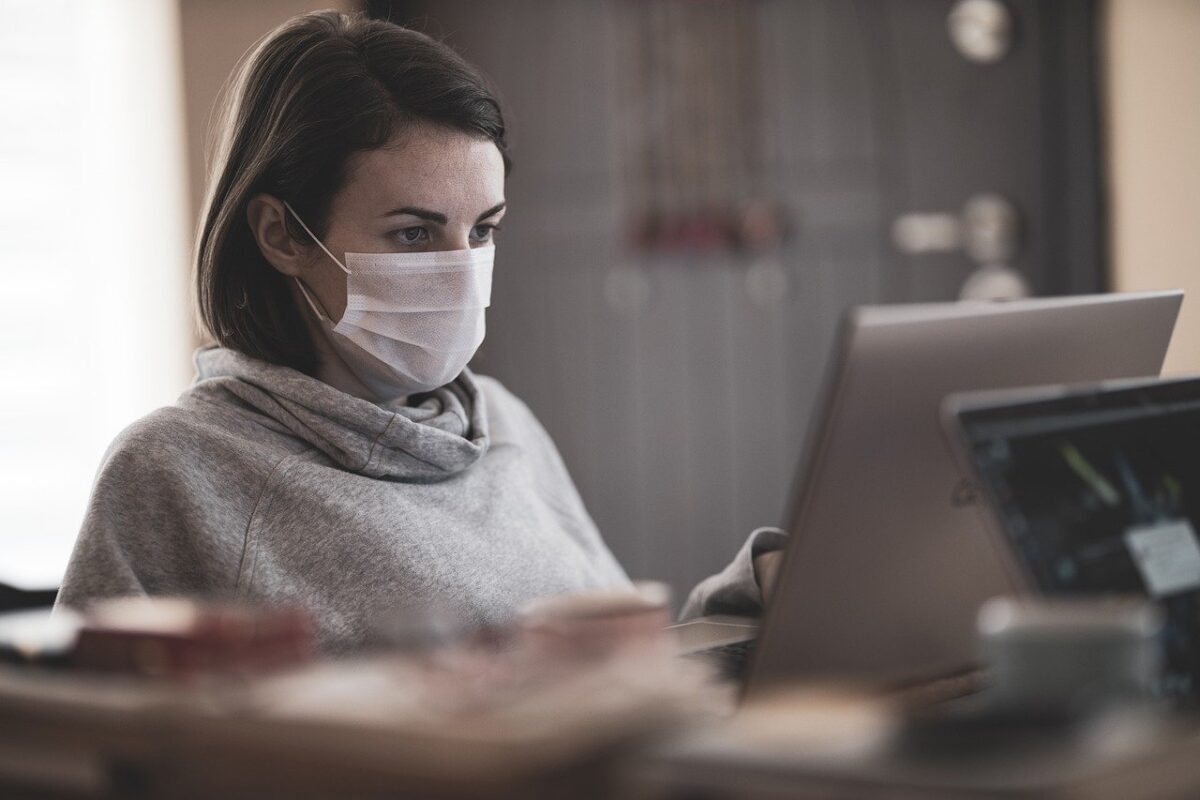The UK government recently announced that those who could not work from home were being actively encouraged to return to work. Since then 1000’s of employees have begun that process of returning, with many potentially uncertain about what they might find. The majority of these will be front-line and operational workers who are not able to work from home because they work in factories, construction sites or warehouses amongst other places, the likelihood is that their office-based colleagues will still be able to work from home.
In our research, conducted in partnership with the CIPD on Employee Voice, we found that even before COVID-19 the divides between office and front-line workers were already considerable. We uncovered that the ‘command and control’ structures of many operational roles has led to a “culture of verbal abuse and management structures” which did not allow for employees to raise concerns without fear of reprisals. Being reprimanded could include being shouted at or being provided with a worse task. Frontline staff were also more like to face demanding key performance indicators (KPI’s) throughout their working day. Consideration of these command and control structures during the current crisis may be required because of the potential for increased pressure on individuals to meet KPI’s while also adhering to new policies on social distancing and the wearing of PPE. However, the crisis may also provide an opportunity for pressure in some areas of productivity to be relaxed due to reduced demand and the provision of limited service.
Office-based staff, on the other hand, were more likely to feel confident to speak out and had access to communication channels such as computer systems, which also support access to timely advice and information. Additionally, office-based staff were often managed in ways ‘more likely to elicit voice’. COVID-19 and the phased return to work has the potential to exacerbate these divides, as operational staff are now more likely to be exposed to some of the risks of COVID-19.
These divides are both physical in terms of access to a working area that is ‘safe’ according to social distancing guidelines, but also linked to wider societal divides. Many of these frontline staff returning to work are in lower paid positions compared to their office-based counterparts. In addition to this, the BBC website currently has a ‘how exposed is your job?’ calculator, highlighting the point that not all jobs carry equal risk.
Our research has also revealed that there may be certain industries and organisational cultures that have employee voice that could have important ramifications during the current crisis. One such industry is construction where it is often the case that a ‘masculine’ culture prevails. This type of culture is one that may inhibit the effective wearing of PPE, and the restriction of voice because of a desire not to stand out or be the one that ‘tells’ on a colleague for not wearing their PPE or observing the distancing rules.
In combating these divides, it is vital to ensure that effective internal communication procedures and employee voice protocols are in place which can then help to build trust among employees, minimise or negate any brand reputation damage, and help to manage productivity levels. This also provides an opportunity to let employees speak on behalf of the organisation in counteracting reports which can damage brand reputation. In this sense, good employee voice can allow employees to become spokespeople for the organisation, building upon a feeling of teamwork amongst coming through the crisis together. This communication is vital as work situations become more heavily imbued with senses of fear, confusion, or reluctance. Work life becomes ever more intertwined with considerations of family life and looking after relatives that could be put risk by your return to work. The link between worries at home, work, and for society are highlighted by the recent publication of correspondence from some NHS Trusts, instructing staff not to talk about the shortages of PPE, with guidance on what they should and should not post about on their personal social media with regards to the crisis for fear of damaging the reputation of the Trust, the NHS, or inciting panic in society.
Returning to work in the current situation requires open and honest conversations between management and employees. Achieving a ‘new normal’ requires collaboration with voices from both sides.


